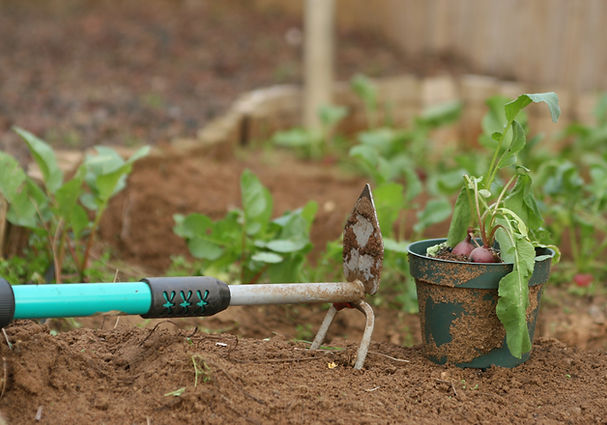

Organic
vs Non-
Organic
Organic fruits, vegetables, grains, seafood and meats - are far superior in vitamin, mineral and nutrient content, They don't contain harmful herbicide, fungicide, pesticide and artificial fertilizer chemicals presently in non-organic produce.
They are higher in antioxidants, vitamin C, iron, magnesium, calcium, and phosphorus, and all macro and micro minerals.
''Healthy food makes healthy people''
Non-organic, or conventional producs contain pesticides, herbicides, fungicides, chemical fertilizers, gas and preservatives.
Pesticides are used in many commercially grown fruit, vegetable, and grain crops to protect them from insects, weeds, fungi, diseases, mice and other animals, bacteria, viruses, and mold.
Pesticide residues are found in fruits and vegetables and in animal feed -- which can end up in meat, poultry, fish, and dairy products, on top of any extra antibiotics or hormones. There is a host of scientific research that reveals these chemicals cause health problems, including an increase in many cancers and auto-immune diseases, as a start. There are also concerns about mercury in seafood and industrial chemicals in food and food packaging.
Similarly, antibiotics and other drugs are used to protect livestock from diseases and parasites. Extra hormones may be given to animals to increase meat and milk production
People argue that these chemical residues are too small to do harm, but the jury is out and it IS proven that eating organically grown or raised food decreases your risk of many diseases. When our health and our childrens health is at stake isn't it wise to take the "better safe than sorry" approach. Add to that, common sense suggests that eating extra chemicals is probably unhealthy.
It's important to realise the terms "natural" and "organic" do not mean the same thing. "Natural" is overused and has very little meaning when it comes to industry standards. These can still be full of chemicals.
Always look for certified organic products where possible as organically produced food is safer and more nutritious than conventionally produced food. It is also eco-friendly and kinder to mother nature so our Earth is left preserved and healthy for generations to come.
You only have one body and one life, and food is the only real thing you have control over to determine your health and the health of your family, today, tomorrow and in years to come.
Its never too late to GO ORGANIC!

The Dirty Dozen
''The Dirty Dozen" are the 12 most contaminated fruits and vegetables according to the EWG analysis (plus two), so you may want to consider buying these organic if you can:
-
apples
-
peaches
-
nectarines
-
strawberries
-
grapes
-
celery
-
spinach
-
sweet bell peppers
-
cucumbers
-
cherry tomatoes
-
snap peas (from outside the U.S.)
-
potatoes
-
hot peppers
-
kale/collard greens
The Clean Fifteen
"The Clean 15" are fruits and vegetables that are likely to have little contamination, so you may want to buy non-organic types of these foods if cost is an issue:
-
avocados
-
sweet corn
-
pineapple
-
cabbage
-
sweet peas - frozen
-
onions
-
asparagus
-
mangoes
-
papayas
-
kiwi
-
eggplant
-
grapefruit
-
cantaloupe
-
cauliflower
-
sweet potatoes
